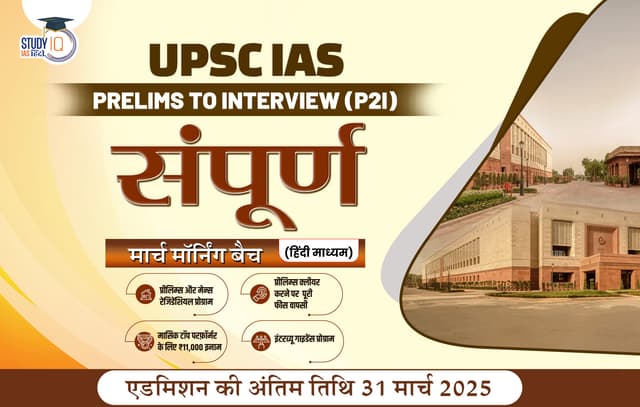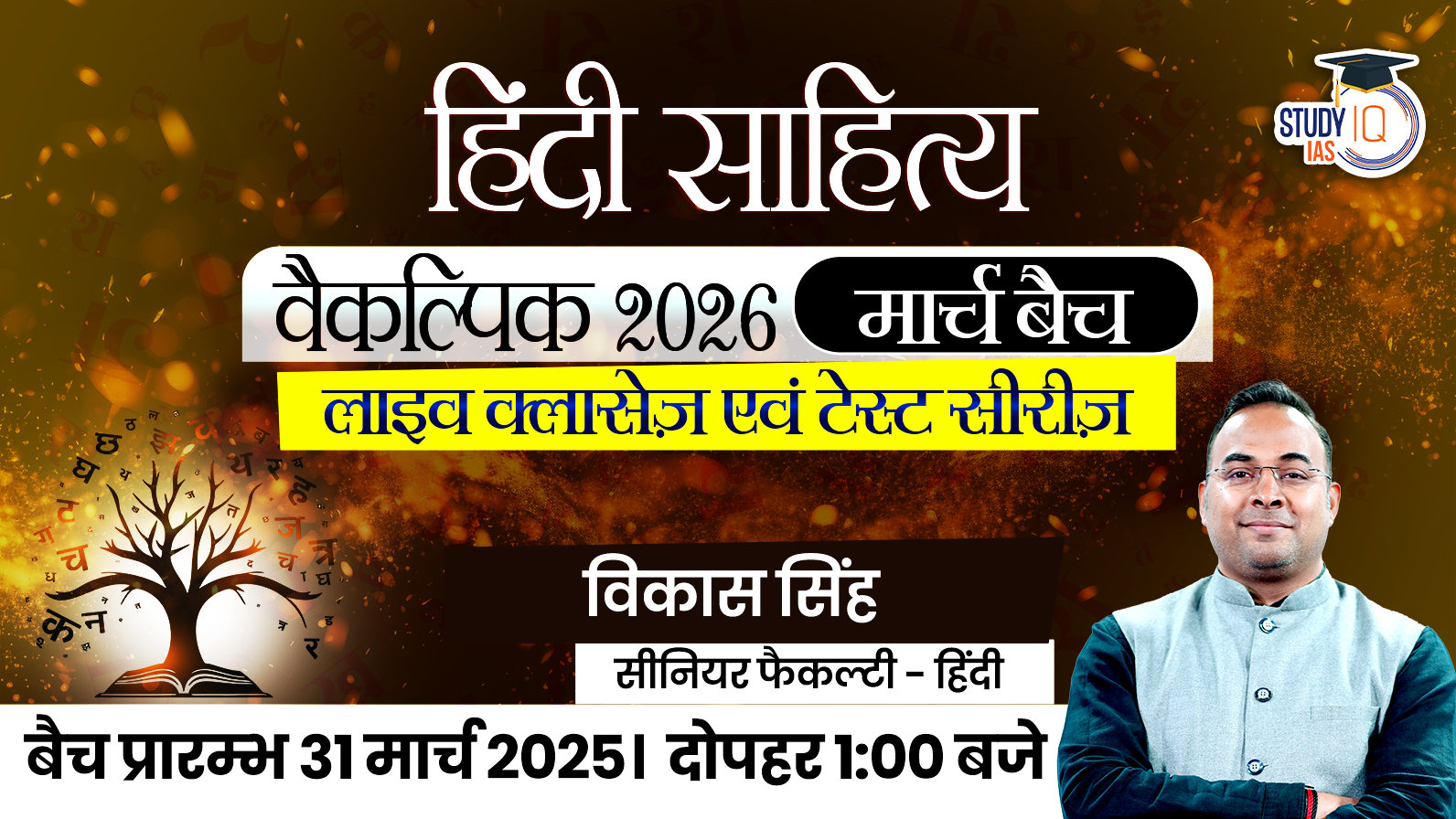indian polity
-
Systematic Regulation Of Personal Relationships
Context: Uttarakhand became the first Indian State to implement the Uniform Civil Code (UCC), placing private relationships under state surveillance. Facts A survey (2014) of over 70,000 respondents found that fewer than 10% of urban Indians had a family member...
Last updated on February 27th, 2025 01:15 pm -
The RTI is now the ‘Right to Deny Information’
Context: Over the years since its inception, the Right to Information (RTI) Act, 2005 has faced several challenges, leading to its dilution and inefficiency in achieving its original purpose. Introduction The Right to Information (RTI) Act, of 2005, was introduced...
Last updated on February 26th, 2025 04:04 pm -
Judicial Backlog in India, Challenges and Potential Solutions
Context: India's judicial system faces a significant challenge due to an enormous backlog of cases. This issue affects all levels of the judiciary, from the Supreme Court down to lower courts. Fact Supreme Court: As of December 2024, over 83,000...
Last updated on February 25th, 2025 06:08 pm -
Appointment of Election Commissioners
Context: The appointment process of election commissioners (ECs) has been questioned for years, raising serious concerns about the autonomy and impartiality of this vital institution. Process of Appointment of Election Commissioners (CEC and ECs) Aspect Old Procedure SC Verdict (Anoop...
Last updated on February 25th, 2025 05:25 pm -
Comptroller and Auditor General of India (CAG), Complete Details
The Comptroller and Auditor General of India (CAG) is an independent constitutional authority responsible for auditing the accounts of the Union and State governments. The CAG ensures financial accountability, transparency, and efficiency in public expenditure. Check Out Details on the...
Last updated on February 25th, 2025 05:20 pm -
Supreme Court’s Ruling on Gag Orders
Context: The Supreme Court has granted interim protection from arrest to podcaster and influencer Ranveer Allahbadia in connection with multiple FIRs registered against him. What Are Gag Orders? A gag order is a legal directive that prohibits individuals or media...
Last updated on February 25th, 2025 05:16 pm -
Legal Framework for Website Blocking in India
Context: Recently the website of Tamil magazine Vikatan became inaccessible for many users. About the Procedure of Website Blocking in India Section 69A of the Information Technology Act, 2000 Gives the government the power to block websites for reasons such...
Last updated on February 25th, 2025 04:30 pm -
Panchayati Raj Institutions, Evolution, Significance and Challenges
Context: In present days big shifts in both technology and society are threatening to make panchayats irrelevant. Introduction of Panchayati Raj in India The Panchayati Raj Institution (PRI) in India was formally introduced through the 73rd Constitutional Amendment Act, 1992,...
Last updated on February 22nd, 2025 05:18 pm -
Key Directives to OTT Platforms Against ‘Obscene Content’
Context: The Union Information and Broadcasting (I&B) Ministry has issued an advisory to Over-the-Top (OTT) streaming services regarding the transmission of content prohibited by law. Key Directives to OTT Platforms Content Classification: OTT platforms must implement age-based classification of content...
Last updated on February 22nd, 2025 01:03 pm -
Article 51A Fundamental Duties of Indian Constitution
The Fundamental Duties of Indian citizens serve as a moral and civic obligation to uphold the integrity and sovereignty of the nation. Enshrined in Part IV-A of the Indian Constitution, these duties guide citizens toward responsible behavior and national development....
Last updated on February 21st, 2025 07:27 pm






















